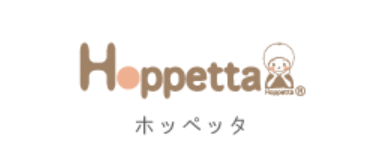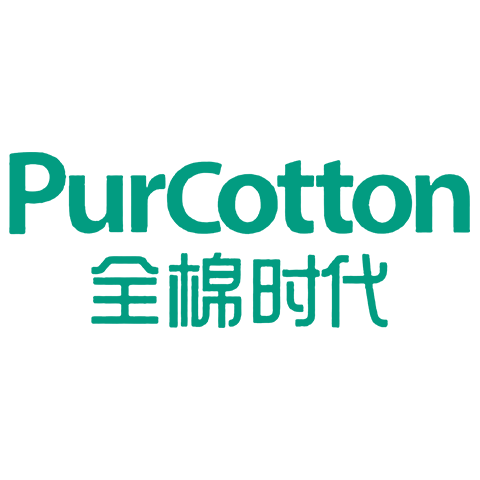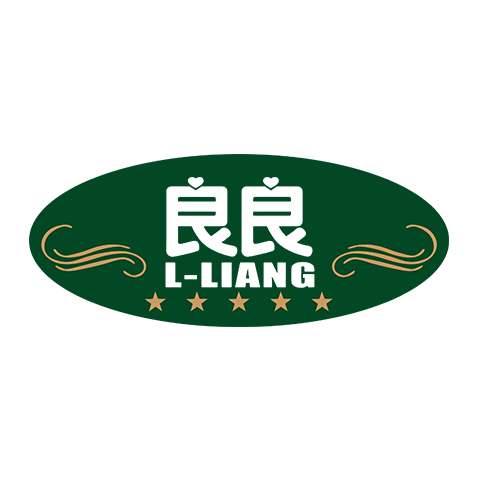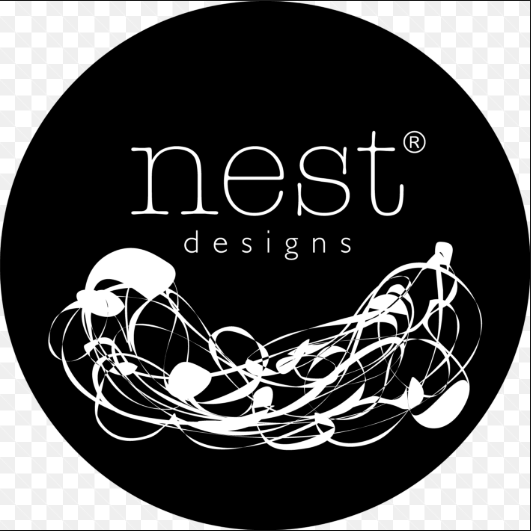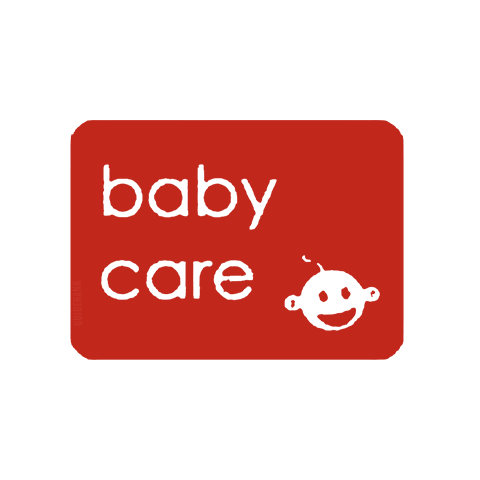When buying baby products, safety is undoubtedly the primary pursuit of parents, and on the way to pursue safety and environmental protection, Ficelle from Japan has performed well.
With more than 20 years of experience in the production of baby products, Ficelle is fully made in Japan, using vegetable dyes, and has been certified by the world's most authoritative and influential textile eco-label: Oeko-Tex100 standard. Ficelle has five well-known brands: 10mois, Hoppetta, BOBO, Naomi ito and SOULEIADO, and only three brands are currently available in China: Hoppetta, Naomi Ito and BOBO.
Hoppetta and Naomi Ito's diaper pads are designed to be portable, weighing only 100-150g and packed with a single roll, making them a mobile diaper changing table for both gaming and visiting. The outer layer of the product is specially processed, which is comparable to Skip Hop in terms of anti-fouling and waterproof function, and it is not afraid of getting dirty when placed in the bag. This fashionable portable diaper pad is lacking in the domestic market, of course, this is related to the lack of maternal and infant rooms in public places in China, and the use of portable models is not as great as in foreign countries.
However, the small size and strap design are not suitable for the baby's long sleep, and it is recommended to use it only during short-term activities such as changing diapers. The price of Hoppetta and Naomi Ito's diaphragms is between 224 and 269 yuan, which is much higher than that of domestic diapers.
One of the most noteworthy is the rainbow polka dot Naomi Ito Pocho urine pad, designed by Naomi Ito, who is well-known in the Japanese watercolor illustration world, and inherits the rainbow polka dot pattern of the Pocho series in style, which is very recognizable. In terms of functionality, the size of 36*60cm is slightly larger than that of Hoppetta, which is more practical, and its outer layer is pure cotton fabric, which is more breathable than other styles with polyester fiber as the outer layer.
In addition, consumers need to be reminded that at present, many businesses use the Oeko-Tex eco-label as a marketing gimmick, but in fact, although the Oeko-Tex eco-label is the most influential eco-label in the world, as long as the factory and the samples submitted for inspection pass the relevant standards can be certified, and there is no follow-up supervision, it is all up to the manufacturer's consciousness, so consumers should look at the Oeko-Tex eco-label rationally.
- Related rankings
-
- Baby bottles
- Bottle storage
- Food supplements
- Swimming pool for babies
- High chair for baby children
- pram
- Lumbar stool
- Children's hair clippers
- Biting and biting
- Baby swabs
- Children's clothing
- Baby diapers
- Baby cots
- Disposable nursing pads
- Milk storage bags
- Baby bowls
- Baby bath
- Baby carriers
- Crawling mats
- Pacifier
- Bottle sterilizer
- Child safety seats
- Baby towels
- Baby cutlery
- Bottle warmer
- Baby laundry detergent
- Game Fence
- Wrap the scarf and hug the quilt
- Children's toiletries
- Children's drinking glasses
- Children's toothbrushes
- Children's toothpaste
- Bottle cleaner
- Teethers
- Ice packs
- Baby nail clippers
- Milk powder cartons
- Strollers
- Children's backpacks
- Baby sleeping bag



